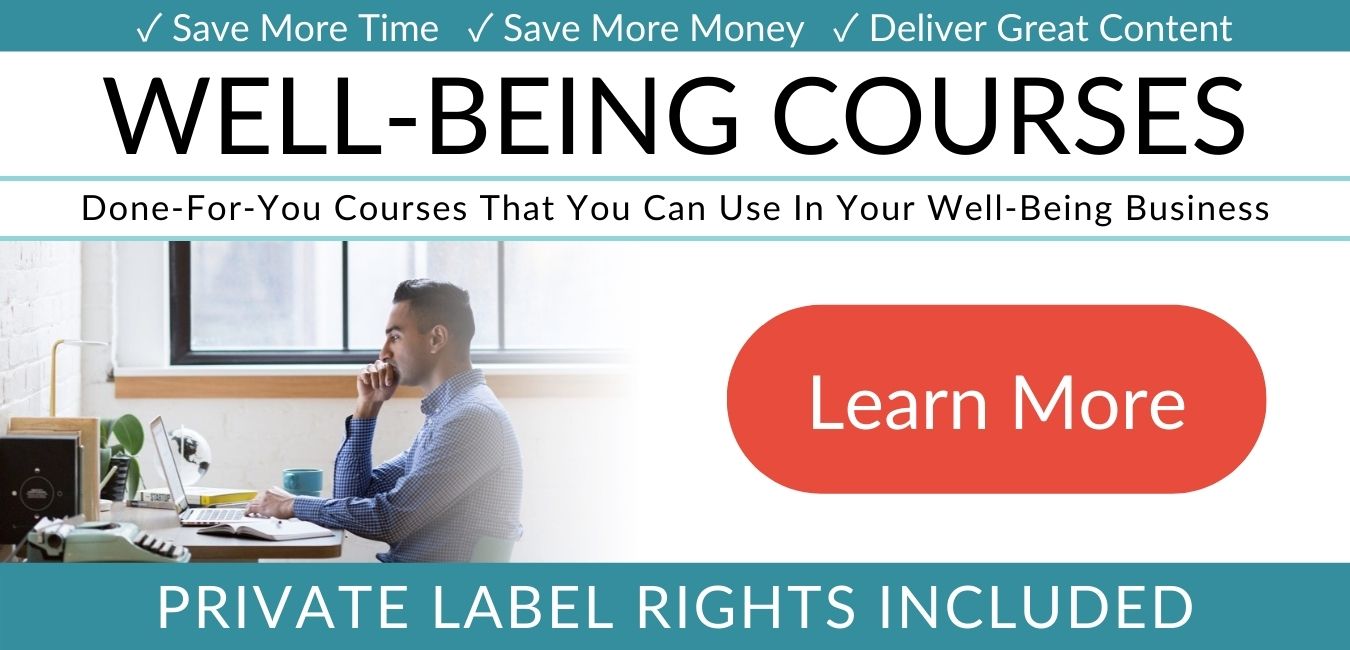Self-Assessment: Definition, Explanation, & TipsBy Angela Saulsbery, M.A.
Reviewed by Tchiki Davis, M.A., Ph.D. Have you ever wanted to get a better understanding of your personality, skills, and performance? Read on to learn how self-assessment could help you.
Learning the art of self-assessment helped me to step back from others’ assessments and standards by creating my own. If you struggle with feeling directionless or “not good enough,” self-assessment can help you identify your own standards, move toward them, and center your self-views on the opinion that matters most–your own.
Before reading on, if you're a therapist, coach, or wellness entrepreneur, be sure to grab our free Wellness Business Growth eBook to get expert tips and free resources that will help you grow your business exponentially. Are You a Therapist, Coach, or Wellness Entrepreneur?
Grab Our Free eBook to Learn How to
|
Are You a Therapist, Coach, or Wellness Entrepreneur?
Grab Our Free eBook to Learn How to Grow Your Wellness Business Fast!
|
Terms, Privacy & Affiliate Disclosure | Contact | FAQs
* The Berkeley Well-Being Institute. LLC is not affiliated with UC Berkeley.
Copyright © 2024, The Berkeley Well-Being Institute, LLC
* The Berkeley Well-Being Institute. LLC is not affiliated with UC Berkeley.
Copyright © 2024, The Berkeley Well-Being Institute, LLC




